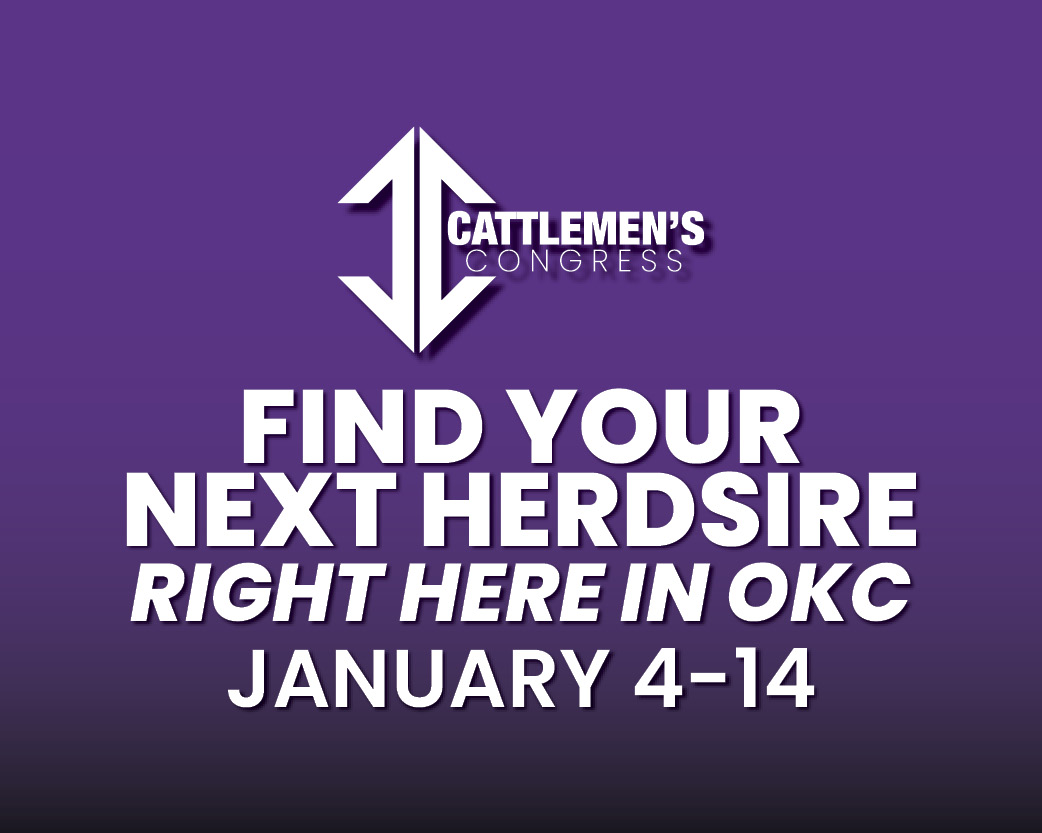
Farm Director KC Sheperd spoke with Mike Fields of the Oklahoma Public Safety Hero project to learn about their initiative and the bills they are monitoring during the current legislative session. Fields explained that the project’s goal is to identify and track legislation that could significantly improve public safety in Oklahoma. “We’re really excited to have started this project, the Public Safety Heroes project, and the idea behind it was we wanted to identify some of those bills working their way through the legislature this year that would positively impact public safety,” Fields stated. At the end of the session, the project plans to create a scorecard for legislators based on their support of these key bills.

Fields elaborated on the types of legislation they are focusing on, noting a selection of about ten to twelve bills deemed particularly impactful. “The issues of public safety encompass so many different things…what we wanted to do is narrow that down, find about 10 or 12 bills that we really thought would make a difference, and wanted to single those out and track those,” he said. Examples of the bills being tracked include those addressing child sex abuse, domestic violence (specifically encouraging victims to come forward), the recruitment of first responders (firefighters, police officers, EMTs), and the use of license plate readers.
The license plate reader bill is of particular interest as a tool that could aid in reducing crime, including in rural areas. Fields explained that while the technology is already in use on Oklahoma roadways for various reasons, the current law has some ambiguities regarding its specific applications. “This bill clears that up, clearly outlines and specifies when and how license plate readers can be used and that it can only be used as a tool for law enforcement purposes,” Fields clarified.
He believes this technology can be a “big help” in rural Oklahoma, as the bill allows for their use on state highways for enforcing traffic laws and addressing serious public safety issues. Access to the license plate reader database would require agencies to apply and have specific policies in place, with ODOT overseeing the system. Data collected would only be accessible for official law enforcement purposes and would be deleted every 30 days. Fields emphasized the project’s belief that “public safety and individual freedom…are not mutually exclusive,” and that this bill balances crime-fighting technology with privacy concerns. He cited instances nationwide where license plate readers have been instrumental in solving serious crimes like kidnapping.

Looking ahead, Fields outlined the project’s plans after the legislative session concludes. “Obviously, we’ll publish that information,” he said, envisioning ways to recognize legislators who championed public safety bills. “Just as a way that we can hold those legislators up to the public, to say, ‘Hey, these are the guys and gals that really stood firm this legislative session on the topic of public safety.'”
He stressed the importance of promoting public safety and supporting first responders. For those wanting to learn more about the bills being tracked by the Public Safety Hero project, Fields directed them to their website: okheroproject.org. The website provides a list of tracked bills and information about the grassroots coalition of law enforcement agencies and other public safety-focused groups behind the initiative.


















